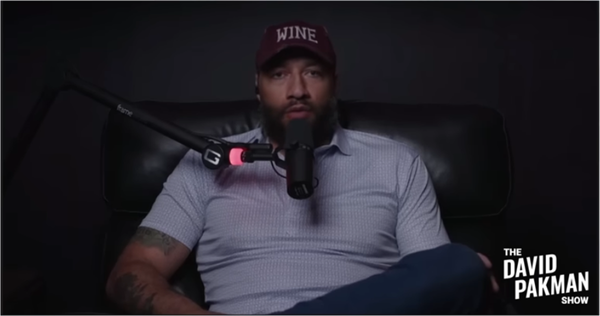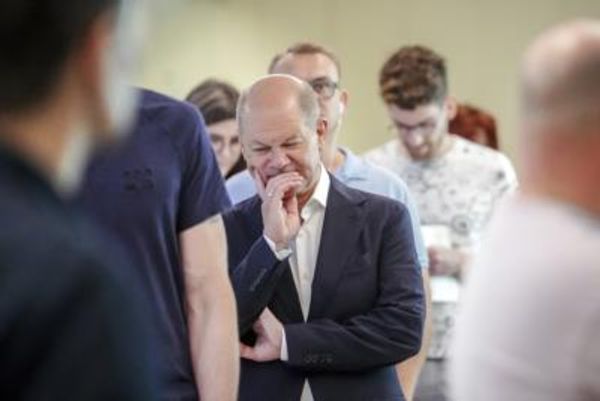ONE of my teaching responsibilities is giving rookie journalists crash courses in Scots law. There’s lots they need to know.
There’s defamation and contempt of court, privacy and copyright, court reporting and reporting restrictions. Put a foot wrong, and the intrepid trainee reporter can find themselves – and maybe even their editor – up in court, offering snivelling apologies to the judge, facing fines and prison time, or massive civil liability and bonanza legal payouts and costs for slandering someone’s good name or blowing open some celebrity’s private life with no public interest justification.
I usually tell my students that I’m there to help them remain (a) employed, (b) out of prison, and (c) in possession of whatever personal assets they call their own – or at least two out of three. But the other thing we’re trying to do is arm jobbing journalists with enough practical legal knowhow to resist attempts clueless and overreaching cops to overawe them, give them the fear, and otherwise interfere with their ability to faithfully report what is going on in our society within the law.
So every year, we give our journalism students something like the following scenario. You’re reporting on a protest. You’re standing on a public street. Chances are you’re now a multimedia journalist, with an iPhone in hand.
A police officer approaches you. He’s unhappy. He tells you that you can’t take photos and wants to see whether you’ve taken any snaps of him and his van. He insists you have to delete any footage you’ve taken or he’ll confiscate your phone. Your arrest is mentioned if these demands aren’t met.
Imagine my surprise to see an almost verbatim performance of this classic training scenario playing out on a Glasgow street this week, as an unidentified Police Scotland officer set out his faulty understanding of the law to The National’s reporter at the scene, some 100 metres away from the Govan protest he was covering.
🗣️'Let's have a selfie, big man. Are you still not going to take a direction from a constable in uniform?' NEW: A journalist at The National was threatened with arrest by a police officer while attempting to cover a major protest outside a Glasgow arms factory Full video 👇 pic.twitter.com/0ldFLmORit
— The National (@ScotNational) May 15, 2024
The College of Policing – which sets the key principles for English cops – captures the ideas and principles which should apply to Police Scotland’s media relations too. They aren’t new, and they shouldn’t be complicated.
Principle, number one: “Reporting or filming from the scene of an incident is part of the media’s role and they should not be prevented from doing so from a public place,” the guidance says. So far, so simple.
If you’re going about your business plainly and honestly, the police have no business telling any reporter that they can’t walk up a public street. Contrary to the claims made by the Govan cop, police officers have no reasonable expectation of privacy when policing a protest – and this is reflected in the official guidance: “Police have no power or moral responsibility to stop the filming or photographing of incidents or police personnel." It is for the media to determine what is published or broadcast, not the police, it says.
If the authorities cordon off an area, the media must respect that like the rest of us – but even so, the media relations policy says they should be given “the best possible vantage point to aid in their reporting” rather than being shoved around a corner.
In the absence of any reasonable suspicion you’ve committed a criminal offence, the police have no right to search you, or to lay hands on you, or your property. Whether or not you’ve recorded footage, the police have no legal authority to inspect or seize your equipment, or to require you to delete images or video you’ve taken without a court order.
Unstunningly, you also don’t have to accept any and every instruction given to you by men and women in uniform – even if they cite garbled quotes from the Police and Fire Reform Act at you. There is an offence of “impeding police officers” under Scots law – but this doesn’t extend to ignoring unlawful instructions violating your rights to free expression.







